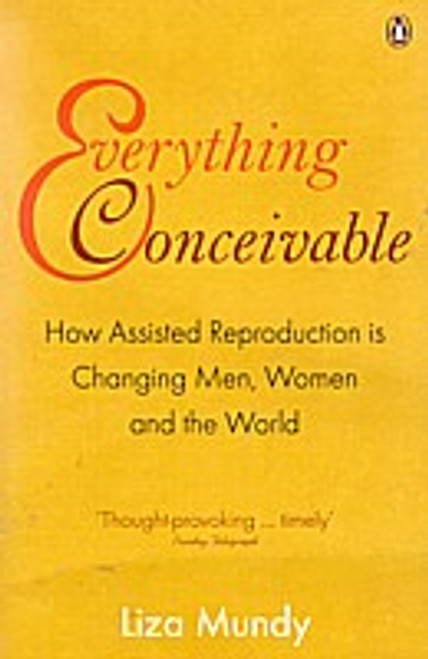Description Hide Description- Show Description+
This book?examines the cultural impact of reproduction technologies through the stories of individual men and women and the people helping them create the babies they have been unable to conceive naturally.The author puts the present status of assisted reproduction in perspective with a brief history of the science behind the new technologies and some revealing statistics about the number of people and dollars involved. While sperm banks have been around for decades, it was the discovery that eggs could be retrieved vaginally that sparked the rapid growth in fertility clinics. Childless wives and heterosexual women whose biological clocks are ticking are not the only clients seeking help at these centers. Demonstrating how the traditional family unit is being changed by reproductive technology, Mundy includes in her cast of characters a gay male couple who acquired twin daughters, using both an egg donor and a surrogate mother, and bisexual or lesbian women who turn to sperm banks to conceive their own babies, many of them having struck out with adoption agencies. Fertility is big business, generating three billion dollars in annual revenues, and it's largely unregulated in America, the author notes. She identifies many medical and moral issues that must be addressed. The sharp rise in multiple births poses dangers to the health of both mother and babies. Donors' rights to privacy can conflict with their progeny's desire for information and/or a relationship. Hundreds of thousands of unused frozen embryos currently have an ambiguous legal status. Male IVF babies appear to have higher rates of physical defects. Many professionals are troubled by the use of reproduction technology to select a child's sex. This is a?stimulating and?illuminating look at the booming baby-making business and the knotty questions it raises.
Paperback, 406 Pages, Orig. Publ. 2008, This Ed. Publ. 2008
Author: Liza Mundy
